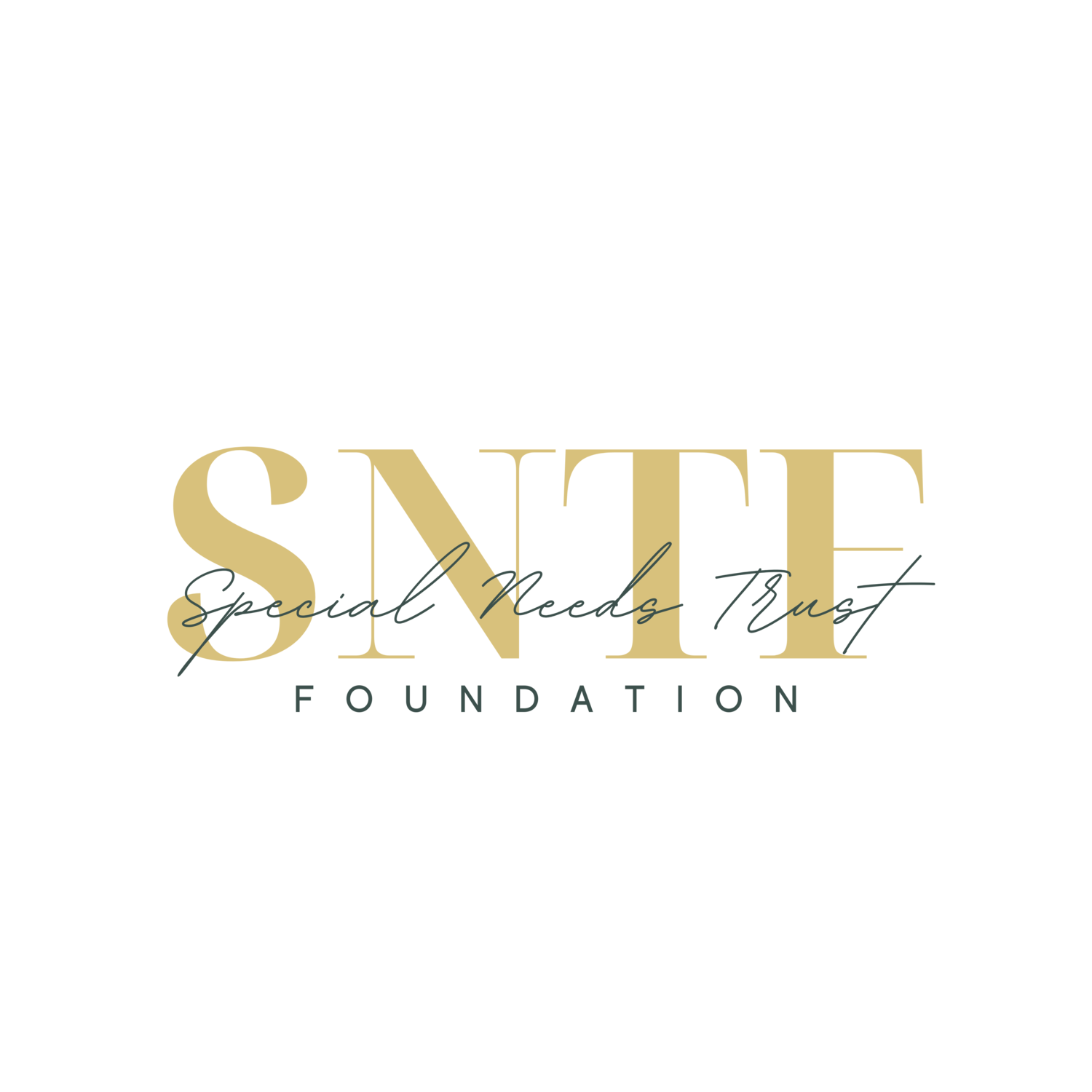Using Your Special Needs Trust
The purpose of a Special Needs Trust is to help improve your day to day life. An SNT may also be used for additional expenses which government assistance does not allow, such as continuing education, recreational activities or even travel. It is important to remember that the trust also has rules regarding how the assets may be used. These rules are put in place to protect public benefits.
SNTs may be used for:
Personal Care expenses
Haircuts and other personal services
Cell phone, cable & internet services
Memberships and subscriptions (YMCA, Netflix, Amazon)
Movies or other entertainment
Medical, eye and dental care not covered by Medi-Cal
Furniture and electronics
Renewal fees and maintenance for your vehicle
Gas
Transportation
Pet care
Taxes, legal and other professional fees
Prepaid funeral arrangements
Housekeeping services
Vacations, travel and more…
SNTs may not be used for:
Depending on the public benefits you receive, there are some things that the trust is not permitted to pay for. A special needs trust is a sole benefit trust. The money may only be spent for the beneficiary’s needs. It may not be used to make purchases for other people, such as:
Gifts
Tips
Meals for other people (like at a restaurant)
Charitable contributions
Cash withdrawals from ATM’s, or apps such as Venmo, Zelle and others
Cash advances on a credit card
Money orders
Gift Cards
Alcohol or marijuana products including CBD with THC. Marijuana is legal in CA, but not federally legal. This means the trust is unable to approve these items.
Firearms
SNTF will not approve any purchases which are prohibited by your benefits. If you receive assistance such as SSI, the trust is unable to pay for rent, utilities or food. Using the trust to pay for these things could result in a significant reduction or loss of these benefits.
Distributions from your trust:
There are several ways to access the money in your trust. Cash or reimbursement cannot go directly to the trust beneficiary. This is considered an asset and could jeopardize your benefits or have them significantly reduced.
Pay a vendor directly Dental bills, medical bills, home or vehicle repair bills, etc. sent to the SNTF for payment directly to the vendor.
Recurring payments If it is allowable by your public benefits, monthly bills can be mailed directly to the Special Needs Trust Foundation to be processed for payment.
Expense reimbursement. A Special Needs Trust beneficiary can never directly receive funds from the trust. An advocate can submit receipts for items or bills they have purchased or paid for on your behalf. The SNT can then reimburse your advocate for allowable expenses.
True Link card This is a reloadable debit card with certain limits. The card is funded with money from your SNT. Make purchases using this card exactly as you would a debit or credit card. You must submit the receipts for your purchases to SNTF on a monthly basis, to replenish the funds on your True Link card.
Money in advance An example of money in advance would be purchasing an airline ticket. By submitting a distribution request along with a printed quote from the airline, your True Link card can be funded for the purchase. Once you have made the purchase, send in your receipt.
Personal credit card If you have a personal credit card, the SNT can make payments to your credit card. Send in receipts, along with the billing statement and allowable purchases will be paid.
Why are receipts important?
This a questions that we are asked often. It is the responsibility of the trustees to know the complex rules regarding benefits and allowable purchases, but we need your help with receipts.
“Why do I need to send in receipts for purchases made with my trust? SNTF gets my credit card and True Link statement. You can see my purchases.”
Yes, the True Link or credit card statements show WHERE you made purchases, but it does not show WHAT you purchased. For example, you can buy personal items in a grocery store, but without a receipt, SNTF cannot show that your purchase did not include food, which is not an allowable expense.
Receipts show that the trust is being used prudently and solely for your benefit. Secondly, if audited, the trustees will need to send reports to Social Security or Medi-Cal detailing purchases made with your trust. Without receipts, we are unable to confirm the expenses paid from the trust are allowable. This can result in a reduction or loss of your benefits.


